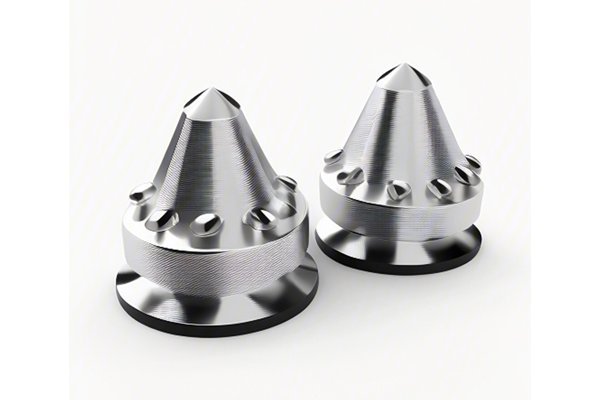: The Foundation of Precision Manufacturing
In the realm of modern manufacturing, CNC (Computer Numerical Control) machining stands as a titan, streamlining processes and achieving precision that was once deemed unattainable. At YL Machining, we recognize that while the technology driving CNC machining is impressive, the materials wielded are equally crucial. The properties of these materials can make or break the efficiency, accuracy, and success of manufacturing processes. Today, we embark on an in-depth exploration of “How Specific Material Properties Affect the CNC Machining Process,” blending insightful analysis with data-driven examples that highlight our commitment to quality.
Understanding CNC Machining: A Quick Overview
Before diving into the intricacies of material properties, let’s briefly revisit what CNC machining entails. CNC machining utilizes pre-programmed computer software to control the movement of machinery and tools in the manufacturing of parts. This technology is renowned for delivering high accuracy and repeatability, making it indispensable in industries such as aerospace, automotive, medical, and consumer goods.
The Core Principle: Material Properties Matter
Materials exhibit unique properties that significantly influence the CNC machining process. These include:
Let’s analyze these properties in detail and examine how they impact different aspects of CNC machining.
Definition and Measurement
Hardness refers to a material’s resistance to deformation, indentation, and scratching. It is often measured using various scales, including Rockwell, Brinell, and Vickers. Understanding the hardness of a material is imperative for selecting cutting tools and machining parameters.
Impact on CNC Machining
Definition and Importance
Ductility is a measure of a material’s ability to deform under tensile stress. It dictates how easily a material can be stretched or shaped without breaking.
Impact on CNC Machining
What It Is
Tensile strength is the maximum amount of tensile (stretching) stress that a material can withstand before failure. It’s a crucial consideration when selecting materials for components that experience high loads.
Impact on CNC Machining
Overview
Thermal conductivity refers to a material’s ability to conduct heat. This property is vital during CNC machining, especially concerning temperature-sensitive materials.
Impact on CNC Machining

Understanding Machinability
Machinability is a subjective measure of how easily a material can be machined to meet specified requirements. While hardness plays a role, others like ductility and tensile strength contribute too.
Impact on CNC Machining
What It Entails
Corrosion resistance refers to the ability of a material to withstand degradation from its environment, a critical factor in many industries.
Impact on CNC Machining
Importance
The weight of a material can influence transportation costs as well as performance in certain applications, especially in sectors like aerospace and automotive.
Impact on CNC Machining
Real-World Applications: Analyzing Material Performance in CNC Machining
To bring our discussion to life, let’s look at how various industries implement these material properties using CNC machining.
Aerospace Industry
The aerospace sector demands materials that exhibit a perfect blend of strength, lightness, and corrosion resistance. Materials like aluminum alloys, titanium alloys, and composite materials are popular due to their optimal mechanical properties for high-stress applications.
Automotive Industry
Automotive manufacturers favor materials that are not only cost-effective but also capable of withstanding varied environmental conditions, such as temperature fluctuations and exposure to corrosion.
: The Future of CNC Machining and Material Properties
The interplay between material properties and CNC machining is complex yet fascinating. At YL Machining, understanding the nuances behind how specific material characteristics affect machining processes allows us to optimize efficiency, durability, and sustainability in manufacturing.
As technology advances and the demand for precision engineering grows, organizations that harness the power of material knowledge will lead the charge in innovation. Join us on this journey to shape the future of CNC machining one material at a time.
—
Interested in learning how YL Machining can help you optimize your machining processes through the right material choices? Connect with us today for personalized advice tailored to your manufacturing needs!
Additional Resources
With this in-depth exploration, we hope you gained valuable insights into the essential role material properties play in CNC machining. Stay tuned for more knowledge-sharing articles that empower and inform!






